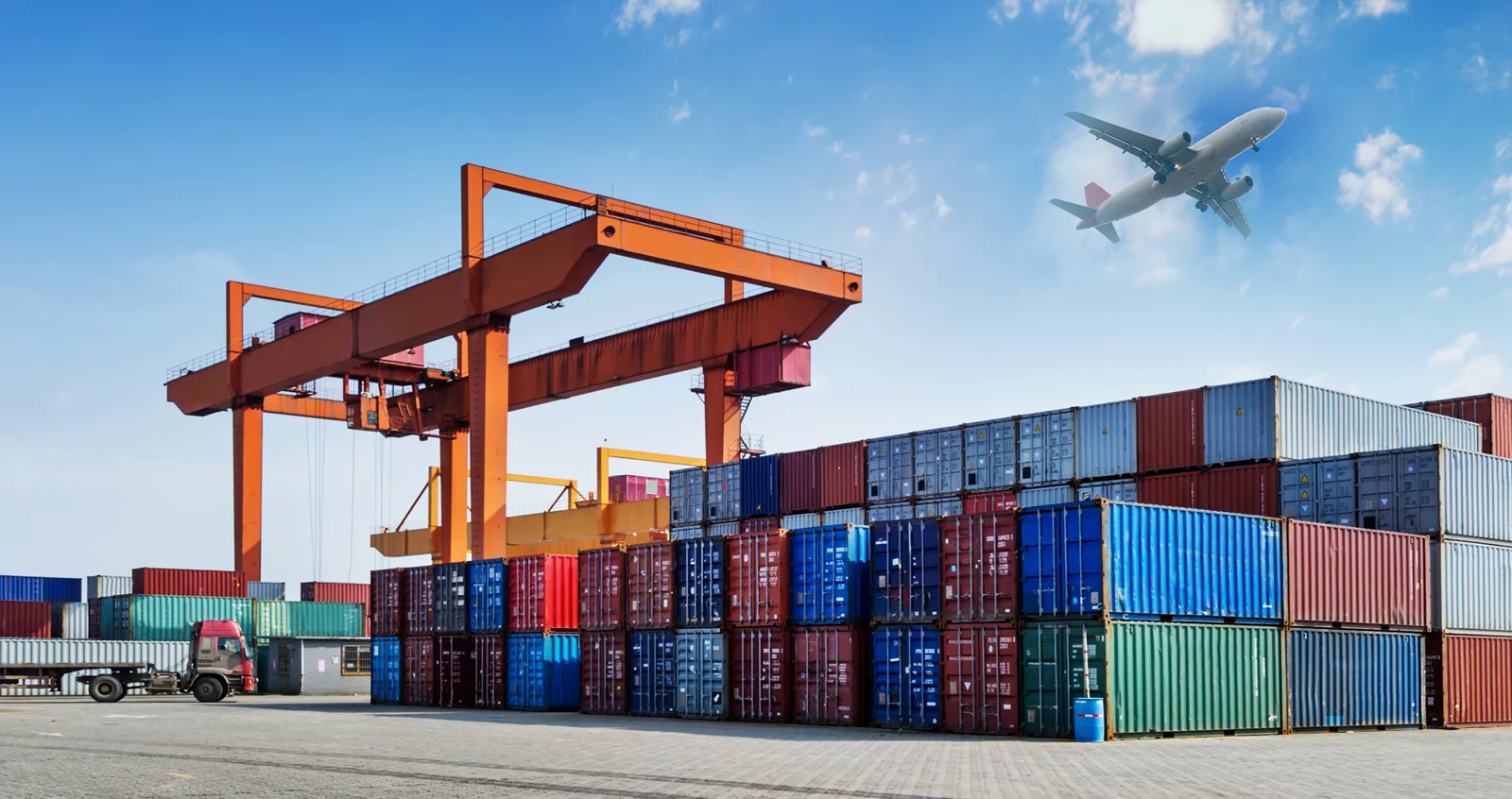In the interconnected and fast-paced world of global commerce, logistics companies play a pivotal role in ensuring the seamless flow of goods and services. The success of businesses often depends on the efficiency, reliability, and adaptability of their logistics partners. In this blog post, we will delve into the key aspects that define successful logistics companies and how they contribute to the dynamic landscape of international trade.
- Global Network Integration:
In an era where businesses operate on a global scale, logistics companies with a well-integrated and extensive network have a competitive edge. The ability to navigate international regulations, customs procedures, and diverse transportation modes is crucial. Successful logistics companies build and maintain strategic partnerships worldwide, allowing for a streamlined and efficient movement of goods across borders.
- Customs Compliance and Trade Regulations:
Navigating the complex web of customs compliance and trade regulations is a daunting task. Logistics companies that excel in global trade understand the intricacies of import and export regulations. They stay abreast of changes in trade policies, tariffs, and compliance requirements, ensuring that shipments move seamlessly across borders without delays or legal complications.
- Supply Chain Resilience:
The recent global events have highlighted the importance of supply chain resilience. Successful logistics companies focus on building robust and adaptable supply chains. This involves diversifying sourcing strategies, creating contingency plans, and implementing technologies that provide real-time visibility into the entire supply chain. The ability to pivot swiftly in response to disruptions ensures business continuity and customer satisfaction.
- Digital Transformation:
In the digital age, logistics companies are embracing digital transformation to enhance their operations. From blockchain technology for secure and transparent transactions to artificial intelligence for predictive analytics, these innovations optimize supply chain processes. Automated documentation, electronic tracking, and digital communication tools are integral components that contribute to the efficiency and accuracy of global logistics operations.
- Sustainability Initiatives:
With a growing emphasis on environmental responsibility, logistics companies are incorporating sustainability initiatives into their operations. This includes investing in fuel-efficient transportation, adopting eco-friendly packaging solutions, and implementing green practices in warehouses. Sustainability not only aligns with corporate social responsibility but also appeals to a consumer base increasingly conscious of the environmental impact of supply chains.
- Customer-Centric Approach:
In an era of heightened customer expectations, logistics companies are prioritizing a customer-centric approach. Providing real-time tracking, proactive communication, and flexible delivery options are essential for meeting customer demands. Successful logistics companies go beyond the traditional role of moving goods; they contribute to an enhanced customer experience that fosters loyalty and positive brand perception.
Conclusion:
In the ever-evolving landscape of global commerce, logistics companies serve as the linchpin that connects businesses with markets around the world. Their ability to navigate international complexities, embrace digital transformation, ensure sustainability, and adopt a customer-centric approach sets the foundation for success. As businesses continue to expand their reach, the role of logistics companies becomes increasingly vital, shaping the future of global trade and contributing to the growth and prosperity of businesses across industries.


